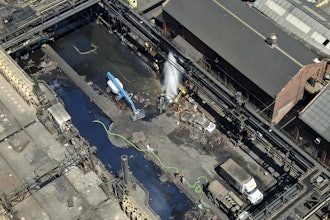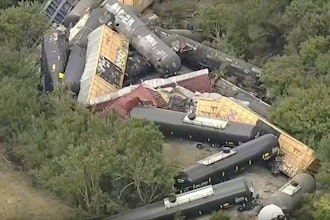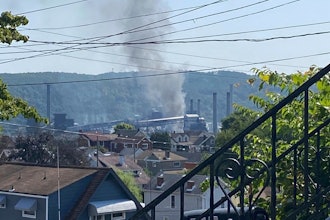China launched its first space station in 2011 and since then, it has served as a testbed for a variety of critical systems and performed a variety of other tasks during its four-and-a-half-year lifespan, some two years longer than initially anticipated. It had a great run, and was officially decommissioned in March, left to happily live out its retirement…er we’re not exactly sure. Somewhere between space and your backyard.
You see, based on a recent news conference, engineers at China’s space engineering office seem to indicate that they’ve lost control of Tiangong-1.
According to the Washington Post, for larger spacecraft destined for re-entry, the usual method is a planned descent. The average decommissioned satellite actually burns up as it re-enters the earth’s orbit, but is geographically mapped so any intact parts fall into an ocean somewhere, because that’s where we put our trash.
But in this case, observers speculate that the spacecraft has suffered some kind of technical or mechanical failure. Here’s the long and short of it – sometime in 2017, China is going to issue an international warning, if necessary, to alert those in the pathway of this flaming space debris to, you know, grab their dogs and go sit at Starbucks for a while. A Harvard astrophysicist told the Post that they probably won’t know more than six or seven hours, plus or minus, when it’s going to come down.
So even though the vast majority of the earth’s surface is uninhabited, you might want to keep your cell phone out for, say, all of 2017 in case someone is urgently trying to reach you.






















